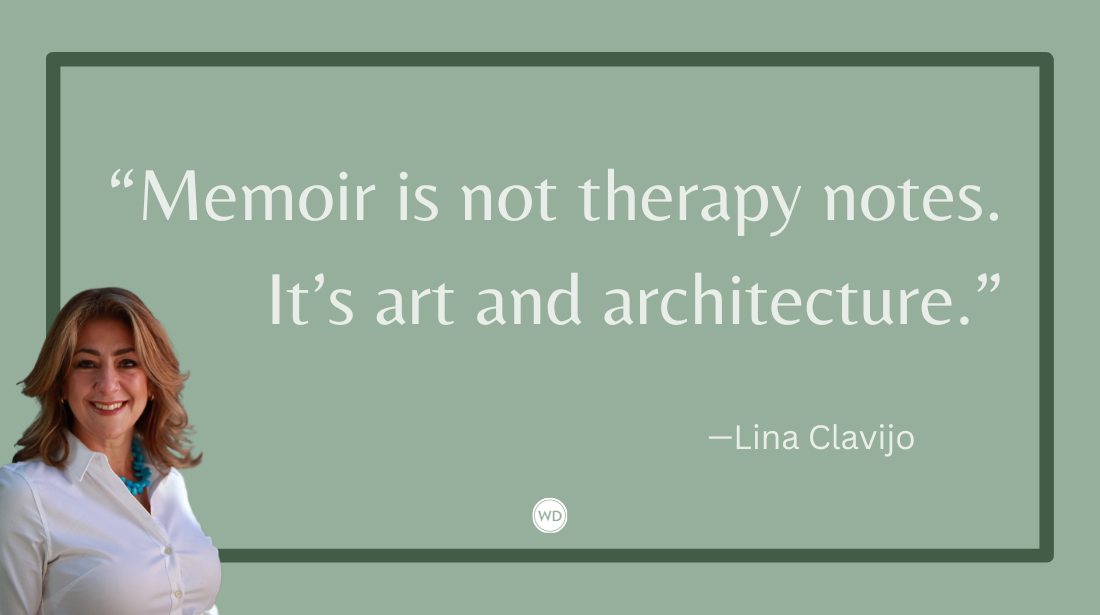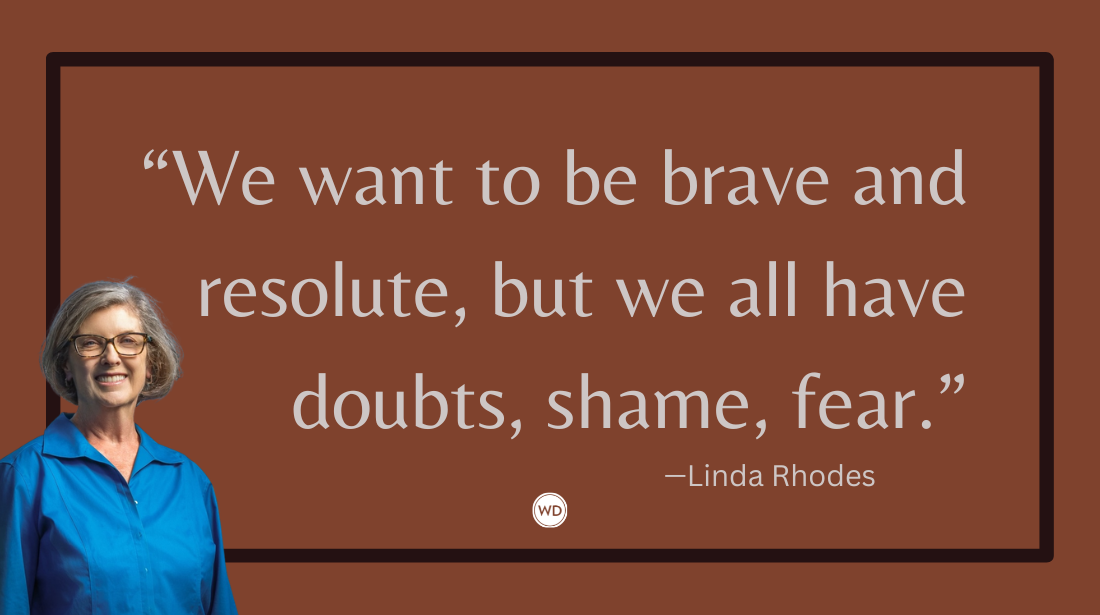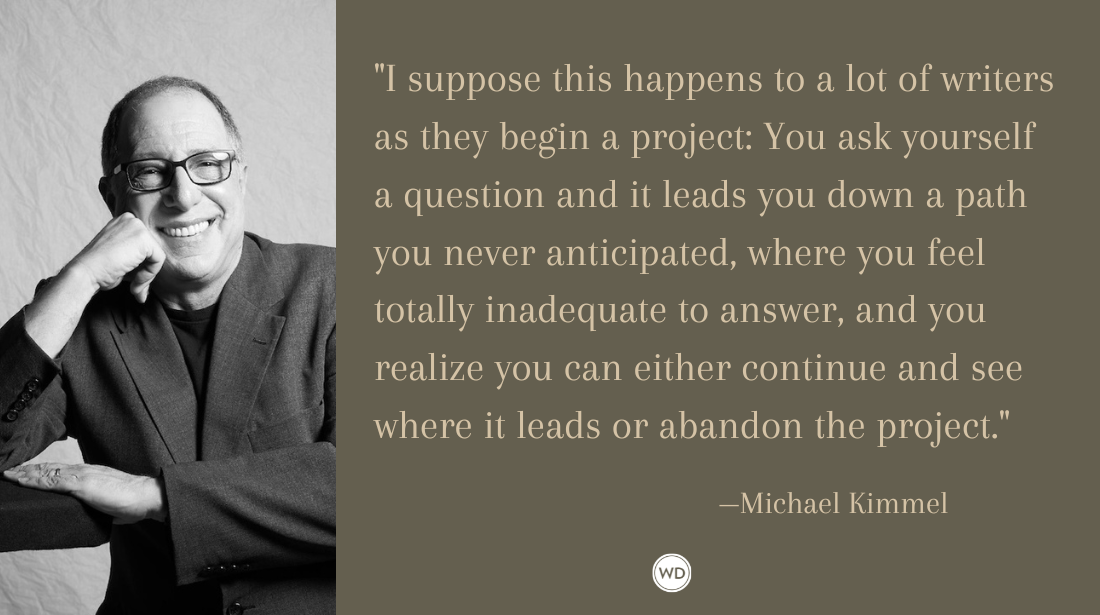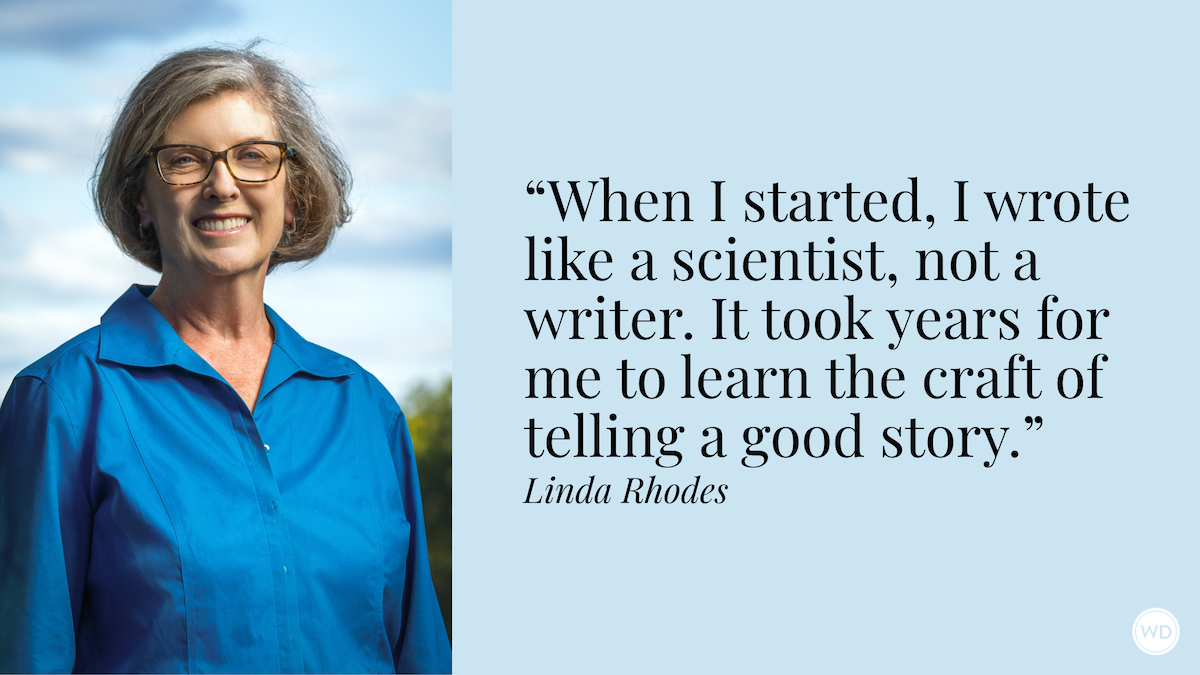3 Tips for Writing a Memoir Everyone Wants to Read
A memoir is an open window into another’s life—and although the truth is of paramount importance, so too is grabbing hold of its reader. Writer Tasha Keeble offers 3 tips for writing a memoir everyone will want to read.
When I think of memoirs that land, I think of those that invite the reader in and resonate throughout. The woven remembrances of an author’s life that linger, fresh fish steamed over a mild night’s fire. We know these books. We recommend them to friends and family, teach them in our courses, and add them to our book and study club lists.
Who can forget Ta-Nehisi Coates’ Between the World and Me? And note the handful of other memoirists who linked the socio-political to private conflict: Azar Nafisi’s Reading Lolita in Tehran; Tara Westover in Educated; and Jimmy Santiago Baca in A Place to Stand. All of these authors, none of them famous enough to automatically garner an audience, broke through the potential mundanity of memoir and wrote about their lives in a way that stuck.
In addition to writing well, they elevated the form by focusing on honesty, relevancy, and style. These are the more nuanced elements of all writing, especially memoir, that reside between the lines of writerly instruction.
Here are 3 tips for writing a memoir everyone wants to read
Focus on Honesty
Most people will attest to their own honesty. Yes, I tell the truth. I stick with the facts. But writing honestly is not the same as speaking honestly. In other words, revealing the details, confirming facts, is speaking honestly. But writing honestly about one’s life requires a memoirist to dig into the emotions inside the particulars of her life.
First, she relinquishes nobility. Flicking all judges from her shoulder. Next, the writer foregoes control over who she believes the characters might be and lets them reveal themselves in all their strength, vulnerability, and wrongness.
Tara Westover writes her mother in layers that make us yearn for her to change throughout Educated. These human qualities engage our reader-minds. No one finds much interest in saints or perfection. Neither does a reader find interest in devils. Human complexity must reign.
So start with what really happened, who was involved and what it meant to the narrator at the time. Write it down as it occurred, then edit the emotional honesty into the text. This may take some time, however, because who wants to revisit pain or other discomforts?
In my own case, it took me 14 years distance to write about my aunt stealing my inheritance. Interestingly, once I faced the humiliation I felt, the themes for Call Me Freedom laid themselves out before me.
IndieBound | Bookshop | Amazon
[WD uses affiliate links.]
Focus on Relevancy
Why it matters must be decided. If we attain this rare gift before we begin writing, we can choose which scenes tell that story. But we discover relevancy as we write or as we talk about what we write. With relevancy, even perhaps prescience, our memoirs will do more than simply gratify our personal desires to tell our stories; they might change minds, might change worlds.
Here, the memoirist connects themes and purpose and makes clear why it matters. For 30 years I have known I needed to tell my American family’s story, but not until the moment I faced my own impediments to truth telling—namely fears about race, mental health, and sexuality—could I think deeply enough about the American mythologies that had constructed those fears.
And we need not shy away from the politics of our time. Neither should we disassociate our own struggles from societal struggles. All good literature contextualizes story. The intrigue of Elaine Brown’s A Taste of Power arises from her leading the Black Panther Party as a woman subjected to pervasive American misogyny.
For me, and especially because I publish primarily nonfiction, themes develop out of scenes from my own experience. I might be present in those scenes; I might hear tell of those scenes from the story-wizards who talk to me. Either way, once the scenes hit, I stick a pin in them and begin connecting dots.
While otherwise living, I am steadily linking the exterior to the interior. Walking over the bridges between what I have lived and what I have studied. I thereby draw out why any of it matters to the world in which we live, now. Themes stay. Topics update. In this case, the more research, the better. Balance inside with outside, with an eye fixed on the themes.
In Call Me Freedom, I was able to juxtapose the excitement of my own birth with the pain and disillusionment of Martin Luther King, Jr.’s funeral because in the process of interviewing for the book, I learned that I was there with my uber-pregnant mother.
Focus on Style
Finally, there’s the how of writing memoir. Writers are told to grab the reader by the throat and not let go. How about we more respectfully grab them by the shoulders and look them in the eyes? Imagine them before us, fully attentive. Here is a quick list of how to maintain eye-contact.
- Ground yourself and the reader in-scene by recreating the sensory details as you recall them. Stay in your body. Edit for details that further mood, pacing and themes.
- Pace the narrative so that the reader, your intended reader, can follow at a reasonable pace.
- Choose where to soar artistically and where to stay grounded in spare language. Do not obscure your story by overwriting.
- Sit in your seat as the adult writer you are. Write with authority. Not pompousness, but with assuredness. If you are unable to write with authority, take authority over that! What makes you unable?
- Do not introduce too many characters at once.
- Fix the reader’s mind on the relevancy of your story from the beginning; suggest the arc of your protagonist’s journey.
- Keep a list of ethical, quality editors on-call.
Above all, take breaks from writing your memoir. Memoir writing is exhausting. There’s no need to push through, possibly risking honesty, relevancy, or style because you wanted to just get it done. Take your time. Check in with others. Check in with yourself. Take walks. Scan the world for happy babies and other signs of life. Once you reset, return to your seat and write on.
Tasha Keeble is the author of CALL ME FREEDOM: A Black American Woman Breaks from Empire (September 14, 2021; Bronzeville Books). She is a San Francisco Bay Area writer, activist, and English professor whose work has been published in Writing Without Walls, The Window, Spelman Focus, 580 Split, Gawker, Tayo, Africanbookportals.com, and Bakpax. Ms. Keeble was a runner-up in the Amanda Davis Competition in Prose, and the Toni Cade Bambara Award for Poetry. An expert on culturally responsive curriculum, her student-centered courses in African American Literature and Ethnic Studies are taught in classrooms across California. Ms. Keeble is a native of Pine Bluff, Arkansas, an alumna of Spelman College, and the mother of two adult daughters.









